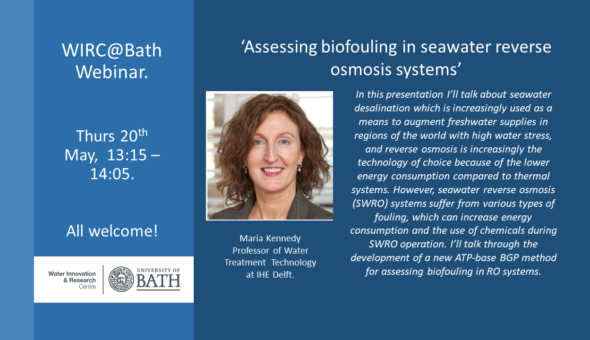Philippe Blondel (Physics) recently participated in the Arctic Observing Summit 2018 (Davos, Switzerland, 24-26 June). This biennial event brings together world experts in different fields with the aim of advancing the design, implementation, coordination and long-term operation of an international network of Arctic observing systems. Philippe was invited to participate as he is co-chair of the Working Group "Arctic Acoustic Environments" of the International Quiet Ocean Experiment programme. He drew on his experience leading acoustic research at the University of Bath, his involvement with British Standards and his field work in the Arctic (https://researchportal.bath.ac.uk/en/persons/philippe-blondel/).
Indigenous communities from the Arctic were strongly represented at the Summit, and there were many interesting presentations focusing on different aspects of their lives, and how they were affected by climate change. There were in particular presentations of water security, relations with the melting of the permafrost, sea level rise (and salt water intrusions in freshwater ecosystems), extreme weather events and spreading of contaminants from lower latitudes. Local communities rely on locally built and maintained facilities for water treatment, distribution and use, which are directly affected by changes in the environment (e.g. https://arctichealth.org/en/permalink/ahliterature107667).
With IQOE co-chair Hanne Sagen (Nansen Research Center, Norway), Philippe had written one of the scientific statements presented at the summit. Several hundred Arctic researchers participated to panel discussions during the Summit, to produce a joint statement and key guidelines to be provided to the ministers from 30-odd countries who will be attending the 2nd Arctic Science Ministerial (Berlin, October 2018).
Respond



